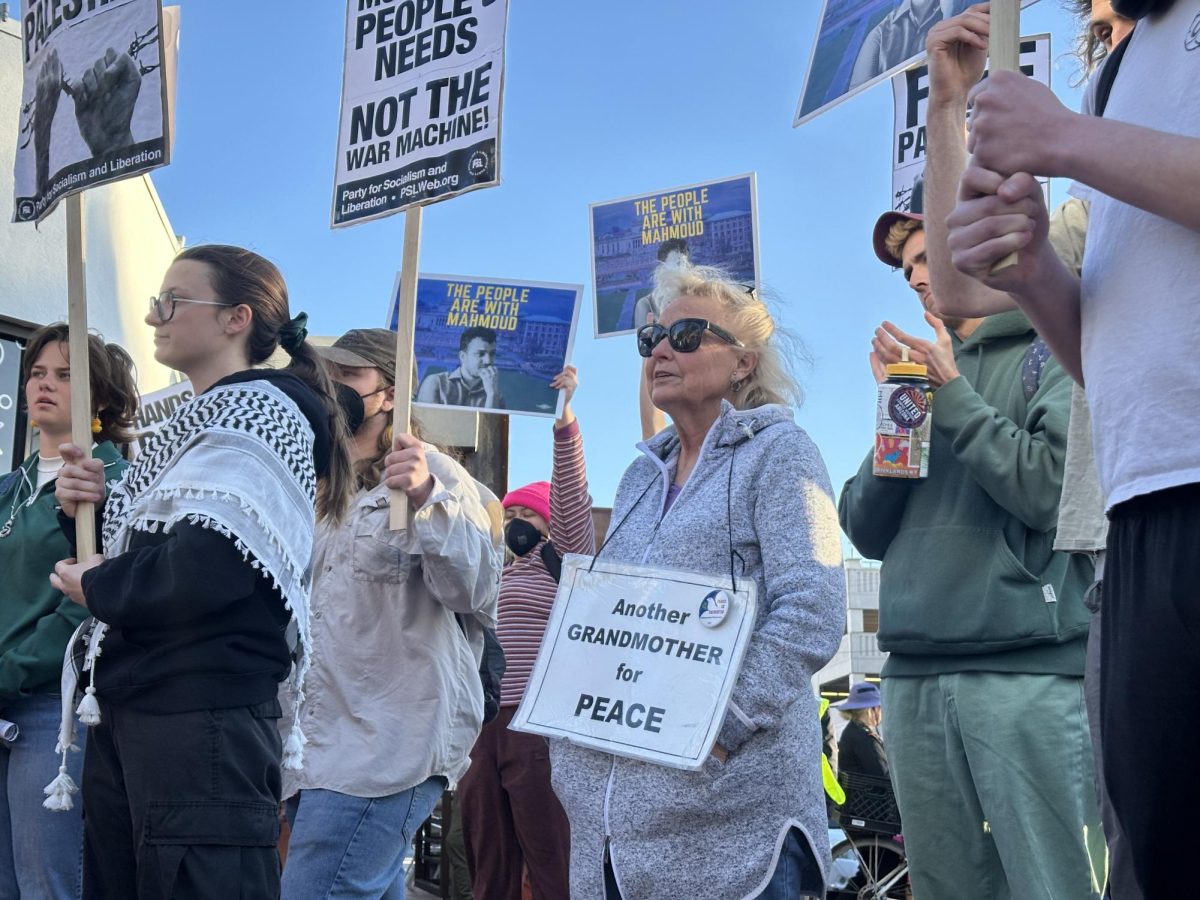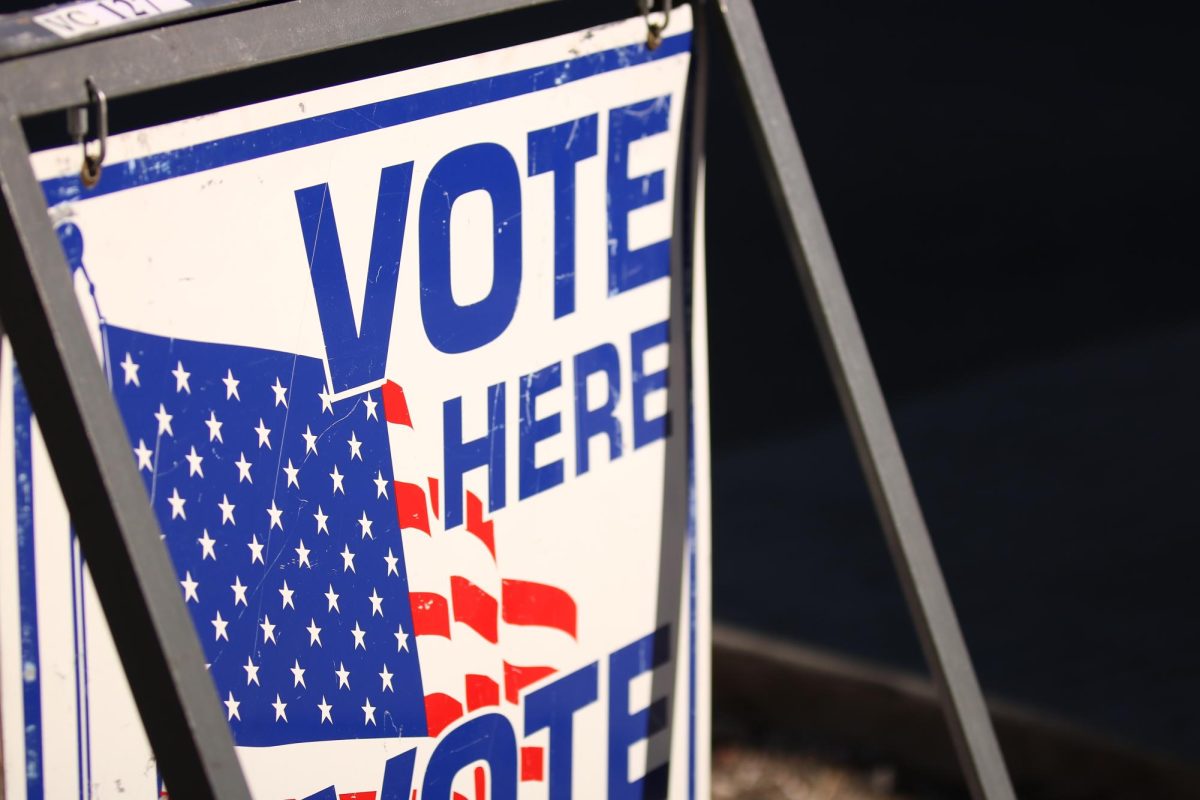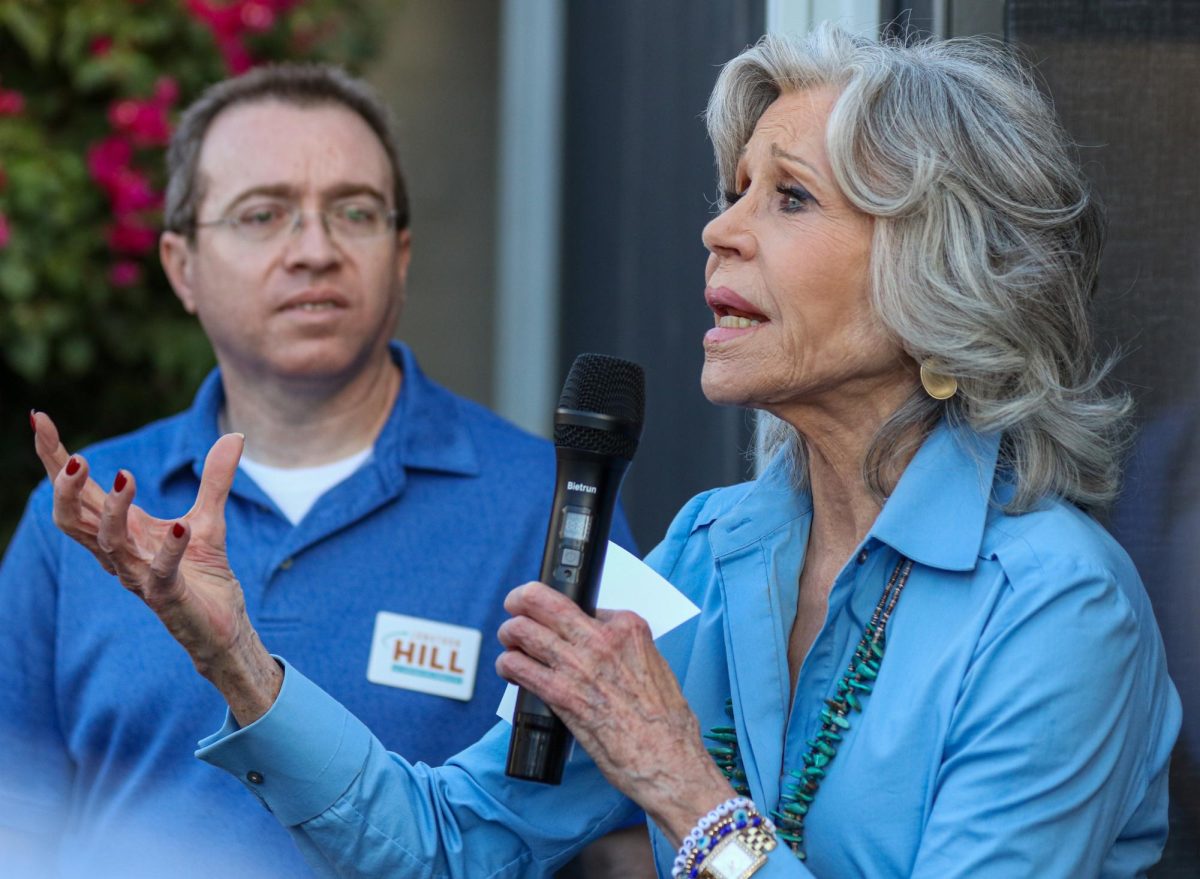The Tucson Unified School District has become the first school district in the nation to pass a fully comprehensive student-crafted Climate Action Resolution.
This resolution passed with a 3-to-2 vote at the Governing Board’s public meeting at the Duffy Family & Community Center on Tuesday at 5:30 p.m.
The Arizona Youth Climate Coalition is a statewide advocacy group fighting for climate justice through mutual aid, civic engagement and educational policy reform. Members of AZYCC aged 13-20 spent 16 months engaging district leaders, researching, lobbying and writing this plan, which could become a blueprint for America’s 12,000 plus school districts.
Ojas Sanghi, Tucson co-lead of the AZYCC and junior at the University of Arizona, spoke on this step forward for climate justice.
“This is the most comprehensive climate action resolution that would be adopted in the entire country, so immediately, it would position TUSD as a national leader in school climate action,” Sanghi said. “We’re really hoping not only to celebrate the change here and ensure that the change gets implemented here, but use this as a catalyst to drive real change elsewhere.”
Tucson’s heat records were shattered this year, with 112 days of triple-digit temperatures. These heat waves aren’t only confined to Arizona. According to the National Oceanic and Atmospheric Administration, “the first eight months of 2024 also ranked as the second-warmest year-to-date.”
While addressing the board in public comment, Tanish Doshi, outreach director of the AZYCC, said: “We spend our free time talking to our peers across Arizona about climate change. And I can tell you, they’re worried. Whether you talk to students in the middle of the city, whether you talk to students in rural areas, in the suburbs, students in affluent areas or students in underserved communities, they all see what’s happening.”

Action Resolution gives public comment to the TUSD governing board. The Climate Action Resolution passed on Oct. 29.
The resolution outlines a framework for energy efficiency, sustainable food systems, electrification, electric transportation and climate curriculum. Its main policy looks to halve emissions and achieve 100% clean energy.
Other efforts include eventually reaching net-zero greenhouse gas emissions, employing only electric vehicles and becoming zero waste.
According to Sanghi, a comprehensive climate curriculum serving kindergarten through post-secondary education would focus on the seriousness of the climate crisis and environmental quality awareness.
However, this resolution was not met with unwavering support. TUSD Governing Board members Val Romero and Sadie Shaw voted no on the resolution. Concerns about its passing mostly drew back to finances, as the costs of this project are unknown and projected to be millions of dollars.
Board member Shaw showed concerns about the cost of funding such a project.
“It feels like we’re putting the cart before the horse here by passing a policy that we may or may not be able to pay for before having that consultant go out and do the work,” Shaw said. “I don’t want this policy to come before other things we need to do as a district, things like having a school librarian at every school.”
Val Romero read dissenting public comments from TUSD parents. One comment read, “While this proposal addresses important global elements, it does not place student learning at the forefront of the objective. Instead, it emphasizes personal philosophies on environmental issues.”
Romero talked about unknown finances underlying the resolution.
“We just have too much information that’s not known […] tomorrow’s radio show, it’ll say, board votes $900 million because that’s the inaccurate number that’s put out there right now. […] I understand what we’re looking to do here, but without having an accurate number I cannot just write a blank check,” Romero said.
The work here for Sanghi and other coalition members is not over. After the resolution’s passing, they will serve on a student oversight committee to effectively implement the climate action plan.
“When the district goes through the RPF [Request for Proposal] process and gets a climate action plan made, that’s going to involve a lot of public outreach, a lot of public engagement and that’s going to build a base for continued public engagement going forward,” Sanghi said. “At the end of the day, the most important thing is that we continue to elect leaders who care about climate. The climate movement isn’t like a one-and-done. We can’t pass one law and get one person to office and call it over, it’s going to require continued work over the next couple decades.”
Follow the Daily Wildcat on Instagram and Twitter/X




















